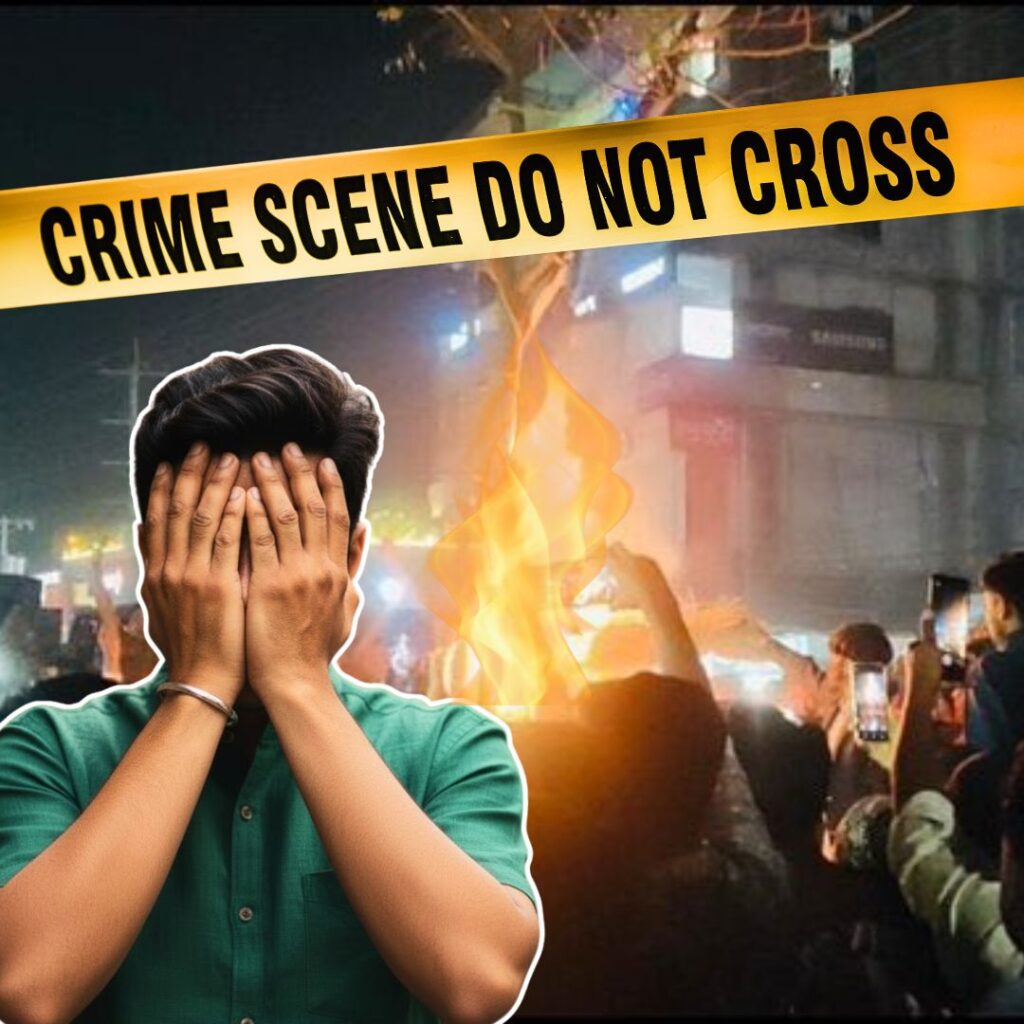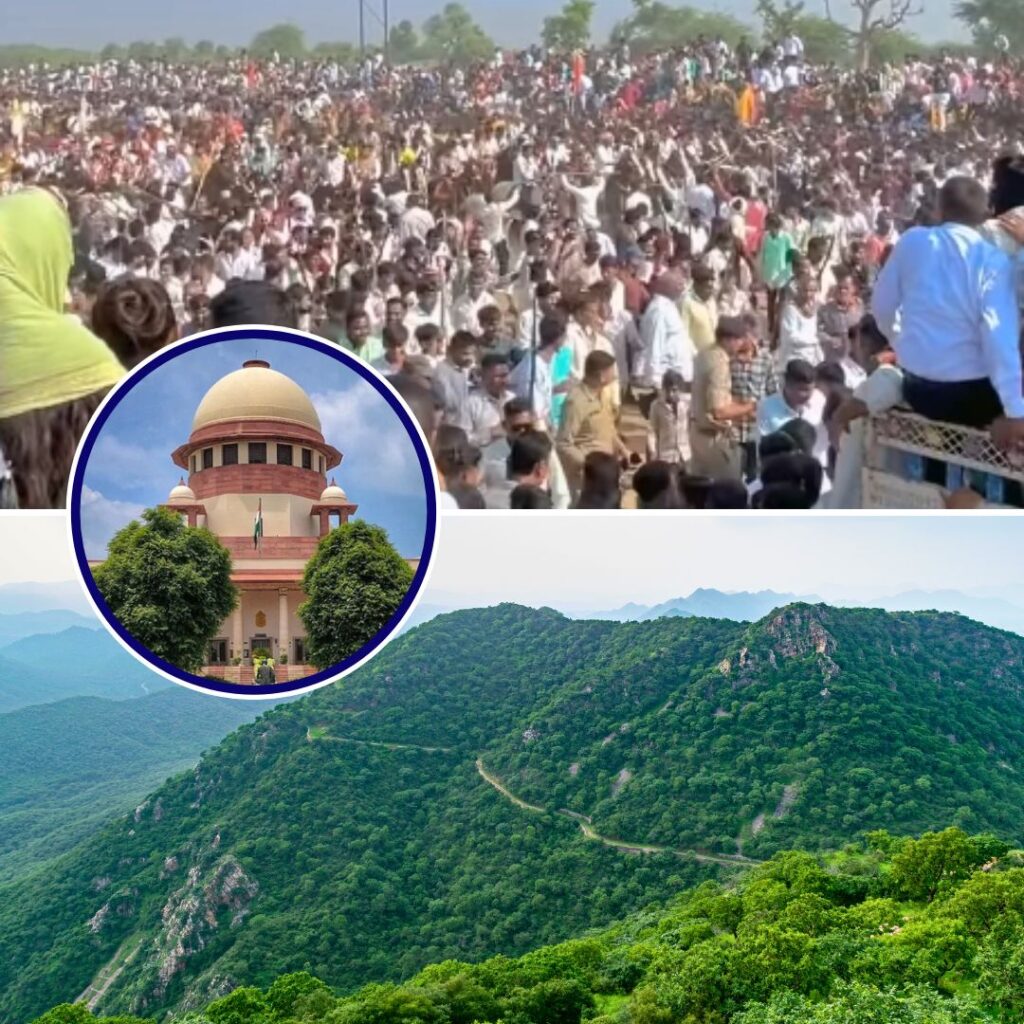The number of confirmed cases in the country rose to 415 on Monday, March 23 with the Centre now resorting to legal action against the violators. According to The Indian Express report, the violators will be fined â¹1000 fine or a may face a jail term up to six months.
In an effort to break the chain of transmission, the nation prepared for an extended lockdown as 13 states announced a complete lockdown till the end of the month and the Centre announced a lockdown in 80 cities across India. Several people are still confused about the services and facilities they can avail, and what others are prohibited during a lockdown.
The Logical Indian attempts to answer all your questions on lockdown.
What Is A Lockdown?
Lockdown is an emergency measure or condition in which people are temporarily prevented from entering or leaving a restricted area or building (such as a school) during a threat of danger, in this case, the transmission of a virus.
Essential services like grocery stores, pharmacies and banks are usually operational during this time.
Where Is The Lockdown Happening?
The Central government has recommended a lockdown in 75 districts in 22 states and Union Territories from March 23.
The Centre has identified the following districts for a lockdown:
Andhra Pradesh: Prakasam, Vijayawada and VizagChandigarh: ChandigarhChhattisgarh: RaipurDelhi: Central, East Delhi, North Delhi, North West Delhi, North East Delhi, South Delhi and West DelhiGujarat: Kutchh, Rajkot, Gandhinagar, Surat, Vadodara, and AhmedabadHaryana: Faridabad, Sonepat, Panchkula, Panipat and GurugramHimachal Pradesh: KangraJammu & Kashmir: Srinagar and JammuKarnataka: Bengaluru, Chikkaballapura, Mysore, Kodagu and KalaburgiKerala: Alappuzha, Ernakulam, Idukki, Kannur, Kasaragod, Kottayam, Malappuram, Pathanamthitta, Thiruvananthapuram and ThrissurLadakh: Kargil and LehMadhya Pradesh: JabalpurMaharashtra: Ahmednagar, Aurangabad, Mumbai, Nagpur, Mumbai Suburb, Pune, Ratnagiri, Raigad, Thane and YavatmalOdisha: KhurdaPuducherry: MahePunjab: Hoshiarpur, SAS Nagar and SBS Nagar Rajasthan: Bhilwara, Jhunjhunu, Sikar and JaipurTamil Nadu: Chennai, Erode and KanchipuramTelangana: Bhadradri Kothagudem, Hyderabad, Medchal, Rangareddy and SangareddyUttar Pradesh: Agra, GB Nagar, Ghaziabad, Varanasi, Lakhimpur Kheri and LucknowUttarakhand: DehradunWest Bengal: Kolkata and North 24 ParganasCan’t I Step Out Of Home At All?
Citizens are supposed to stay at home and come out only for essential activities. Social Distancing guidelines must be followed when venturing outside.
What Essential Activities Are Included?
Procurement of basic necessities such as food, medicines or for tackling emergencies.
Shops, commercial establishments not providing essential amenities will be closed.
According to a PTI report, Delhi is exempting these services: ‘Law and order and magisterial duty, police, health, fire, prisons, fair price shops, electricity, water, municipal services, print and electronic media, teller operations including ATMs, food items, groceries, general provision stores, takeaway delivery in restaurants, petrol pumps, LPG cylinder agencies, e-commerce of all essential goods including food, pharmaceuticals and medical equipment.’
Medicine shops, optical stores, pharmaceutical manufacturing and their transportation will remain open.
Hospitals will remain open.
Can I Go To Work?
Almost all the major cities in the country have directed private companies to let employees work from home. All offices will remain shut or work with minimal staff until the end of the lockdown period.
The central and several state governments have announced relief packages for daily-wage earners and other temporary workers.
You can go to work if your work provides any of the following essential services:
Law, court or any other correctional service Health service Police, armed forces and paramilitary forces Electricity, water services Fire and emergency services Telecom, internet, IT and postal services Banks and ATMs Food, groceries, meat, fish, bread, milk, storage and transportation E-commerce of groceries, home delivery Petrol pumps, LPG, oil agencies, godowns, transportation Pharmaceutical manufacturing and transportationHowever, any congregation of more than 7 people is prohibited in public places.
What About Transportation?
No public transport service including taxis and auto-rickshaws are permitted. Private cars are also included in this.
Vehicles to and from hospitals, airports, railway stations, bus stands, terminals and goods carriers ferrying food and other essential commodities and exempted.
The railway ministry has separately halted passenger trains till March 31.
What Happens If I Break A Rule?
You could be punished with simple imprisonment for a term that may extend up to one month or with a fine which may extend to Rs 200, or with both.
What Is The Legal Ground Behind These Rules?
Section 2…












